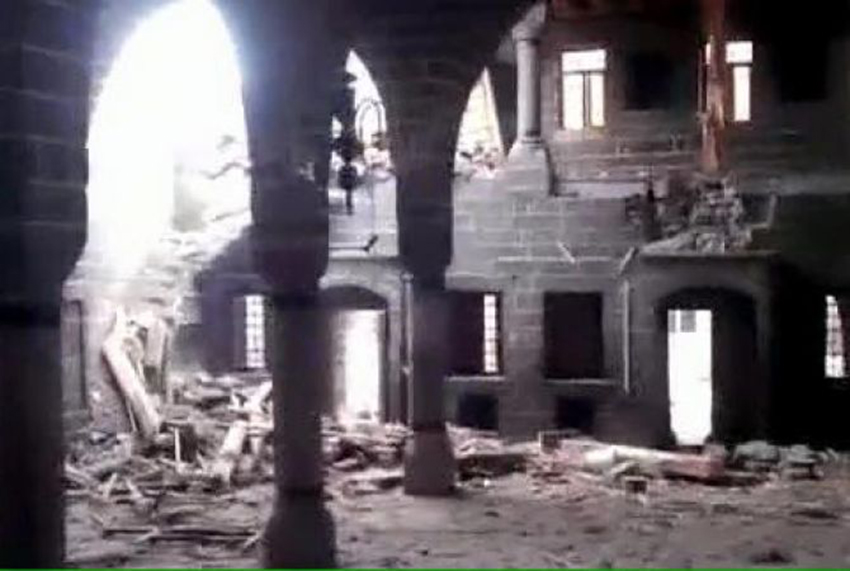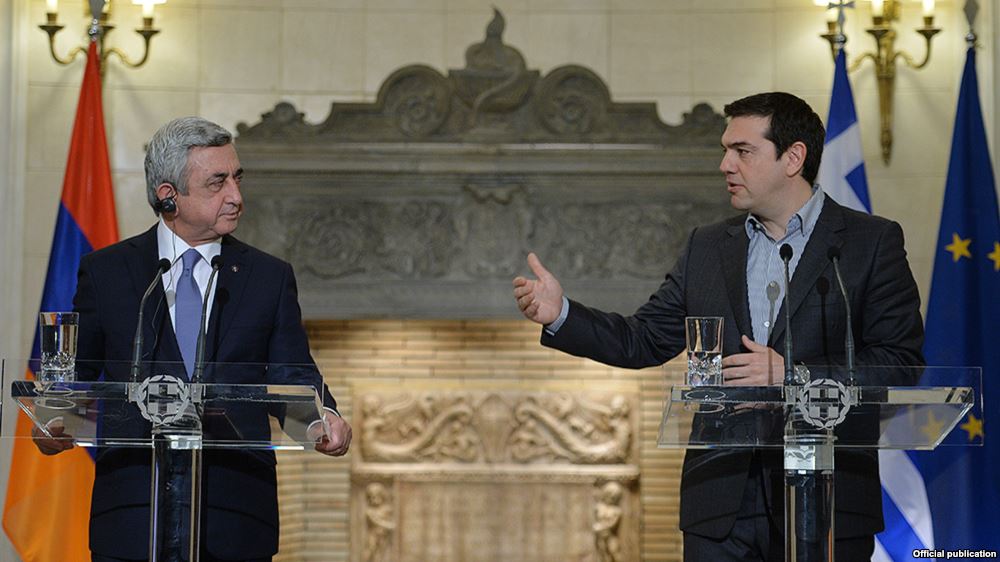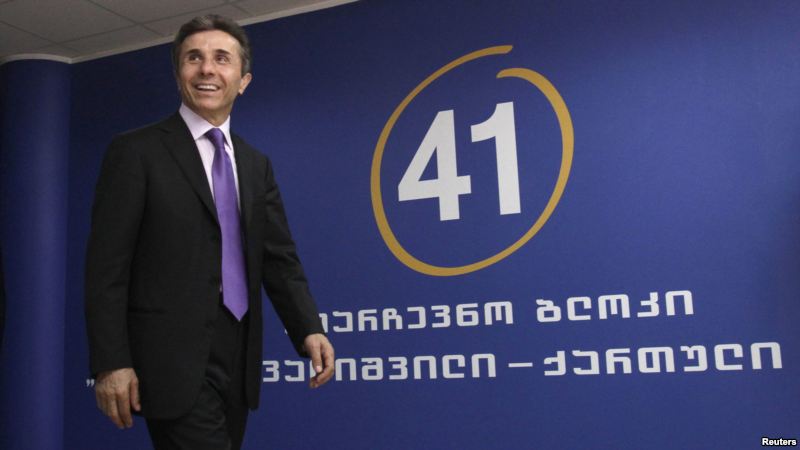By Hambersom Aghbashian
Ragip Duran ( born in 1954 in Istanbul- Turkey) is a Turkish journalist , writer and communications lecturer at Galatasaray and Marmars Universities. He studied at Galtasaray High School (1973) and Aix-Marseille Law School (1978) and lived in Istanbul, Ankara, Paris and London where he worked as a reporter for media corporations like AFP, BBC, Hürriyet, Milliyet, Aydinlik and Özgür Gündem. He continued his education in the field of journalism at Nieman School of Boston (2000). Duran was convicted in December 1994 of propagandizing on behalf of an outlawed organization under Article 7 of Turkey’s Anti-Terror Law. The charge stemmed from an interview with Abdullah Oclan, leader of the Kurdistan Worker’s Party (PKK). The interview appeared in the now-defunct daily Özgür Gündem, on April 12, 1994. He was sentenced to seven and half months in prison; he appealed, but the Court of Cassation ratified the sentence on October 23, 1997. Duran still works as a local reporter for French gazette Libération. He was rewarded by several national and international awards in the field of media freedom, and still writes for the website www.apoletlimedya.com and Express. Ragip Duran published four books on media criticism.
In his article titled “Turkish academics grasp nettle on Armenians”, September 23, 2005, Vincent Boland wrote “It is possible to discuss Armenia today in a way that was not possible five years ago, some commentators say, but only on certain terms. Ragip Duran, a journalist and communications lecturer at Galatasaray University who has been jailed for his work, says: “It is OK to talk about sensitive issues [such as Armenia], but only in a certain national context. The Orhan Pamuk case is the best example of the breaking of this taboo.” (1)
In an interview with Ragip Duran “Encompassing Crescent, April 2012”, he mentioned that “… journalists had a hard time investigating many subjects because of the censorship and pressure of the nationalist, militaristic ideology. It was not easy to debate on the problems of the regime. For instance, the Kurdish problem, Armenian problem, Kemalism and secularism issues were the four fundamental subjects that put not only us, but also the academics in a tough position. We could not publish or broadcast about these subjects and if someone did, they would end up in bad situations. Taner Akçam, Ismail Beşikçi and Ragip Zarakol are examples to this. (2)
In December 2008 an initiative under the “I Apologize Campaign” was launched in Turkey by numerous journalists, politicians, and professors that calls for an apology for the “Great Catastrophe that Ottoman Armenians were subjected to in 1915”, through a form of a signature campaign. That which is an expression used to avoid using “Armenian Genocide” and the consequences of using it. “I Apologize Campaign” stated “My conscience does not accept the insensitivity showed to and the denial of the Great Catastrophe that the Ottoman Armenians were subjected to in 1915. I reject this injustice and for my share, I empathize with the feelings and pain of my Armenian brothers. I apologize to them.” The campaign was signed by 30,000 signatories by January 2009. The campaign, which some interpreted as in direct reference to the Armenian Genocide, created widespread outrage in Turkish society. Ragip Duran was one of the notable signatories. (3)
___________________________________
1- http://www.ft.com/intl/cms/s/0/d284d29a-2bcf-11da-995a-00000e2511c8.html#axzz41R7fbyUJ
2- http://encompassingcrescent.com/2012/04/ragip-duran-on-the-role-of-islamic-movements-in-turkish-media-by-ayten-turan/
3-http://www.armeniapedia.org/index.php?title=200_prominent_Turks_apologize_for_great_










